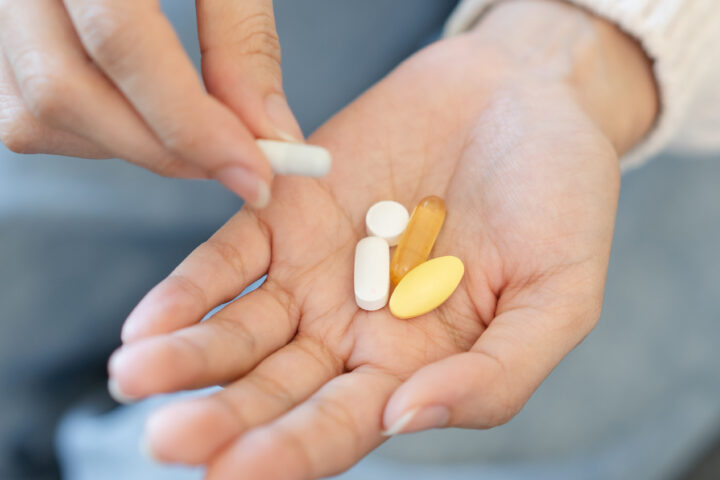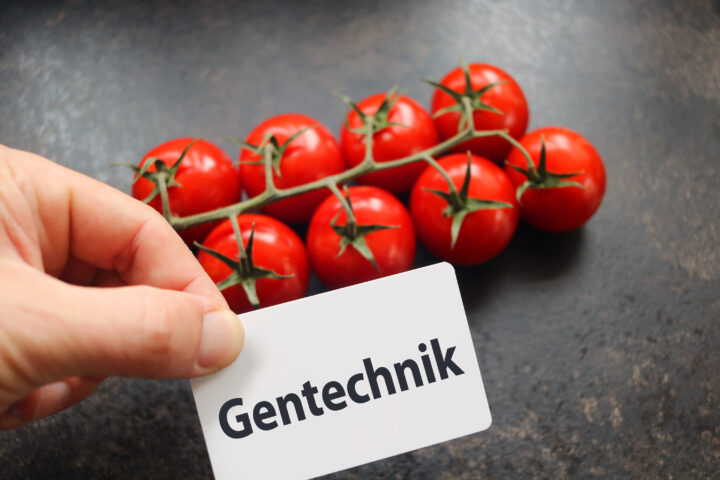
Sugar in Switzerland: Considering all aspects
The federal government has pledged to reduce sugar intake in Switzerland. Going forward, a wide variety of food products are to contain less sugar, or be labeled with their sugar content. This has put sugar beet cultivation under pressure. Yet “the dose makes the poison” also applies to sugar consumption, so there may still be a meaningful future for sugar beet growing in Switzerland.
Tuesday, March 7, 2023
In brief:
- Health authorities want to reduce the population’s sugar intake.
- Products that contain sugar are to be made less attractive or have their sugar content reduced.
- In Switzerland, sugar beet cultivation is likewise coming under criticism.
The Sunday newspaper “SonntagsZeitung” published a series of articles on how the authorities are tackling excessive sugar consumption. Germany, for example, is planning to ban advertising for sugary products, with TV ads for unhealthy products on no longer permitted between 6 AM and 11 PM. According to the business magazine “Wirtschaftswoche,” the planned regulations are stricter than those that govern the advertising of adult content and gambling. And billboard advertising near schools and playgrounds is to be banned as well. Switzerland’s Federal Food Safety and Veterinary Office is also working on stricter regulations for advertising aimed at children, writes “SonntagsZeitung.” It is doing so despite the Swiss Pledge, which major food, drink, and catering companies signed in 2010, pledging to change the way they advertise to children under 13 and, in some cases, to stop advertising to children altogether.
Tony the Tiger must go
The World Health Organization (WHO) is committed to combating foods that contain sugar. For example, WHO recommends that national health authorities make the packaging of sugary foods less attractive. In Chile, for example, faces on chocolate Santas are banned, the idea being that smiling Santas entice children to eat too much chocolate. Breakfast cereal packaging is no longer allowed to feature animal mascots, such as Tony the Tiger, the mascot of Kellogg’s Frosted Flakes.
Treat sugar like tobacco
According to “SonntagsZeitung,” WHO is demanding a similar commitment from the Swiss health authorities, which would see sugary foods treated in a similar way to tobacco products. The food industry has recognized the signs and is making efforts to reduce the sugar content of various products. For example, Migros has reduced the sugar content of its yogurts and breakfast cereals. Sugar content will be reduced incrementally over several years, so that consumers don’t have any “withdrawal symptoms.”
Sugar farmers also under pressure
Manufacturers of sugary drinks are following suit. In Switzerland, nine beverage manufacturers and one retailer recently pledged to add less sugar to their soft drinks, milk shakes, and sweet curd cheese products. The Swiss companies that have signed the “Milan Declaration” include Coca-Cola Switzerland, Ramseier Suisse, Rivella, and the retailer Volg. Yet the battle against sugar is not only affecting the manufacturing industry: Sugar beet cultivation on Swiss farmland is also coming in for criticism. “SonntagsZeitung,” for example, wrote that the federal government could not tackle sugar consumption and subsidize sugar beet crops at the same time.
The dose makes the poison
While a moderate intake of sugar is, without doubt, desirable, the paternalistic strategy pursued by the authorities is jarring. What applies to many other foods also applies to sugar: “The dose makes the poison.” To infer from this that the cultivation of sugar beets in Switzerland is wrong, falls short of the mark. There are good reasons why Switzerland is able to meet at least some of its own sugar requirements. Sugar is a basic foodstuff. The Federal Office for National Economic Supply keeps a compulsory stock of sugar. In times of crisis, sugar is a reliable source of energy. It therefore makes sense for Switzerland to maintain its sugar beet growing expertise.
Subsidies for individual crops support enhancement of crop rotation
What the media fail to report is that sugar beet is an integral part of the agricultural practice of crop rotation and is planted particularly in cases where crop rotation is dominated by cereals. Its cultivation—just like that of oilseeds, grain legumes, fiber plants, or potato and maize seed—is eligible for subsidies for individual crops which, in turn, support this meaningful enhancement of crop rotation. Sugar beet is a taproot plant and penetrates down very deep into the soil. It loosens the soil even in the deeper layers, thereby improving soil structure. The soil becomes more permeable to water as a result, and less dust forms after heavy rainfall. Soil fertility also improves. The deep taproots ensure a larger proportion of organic material, even in the deeper soil layers. Sugar beets classified as a “cleaning crop,” because as part of crop rotation, it leaves well manageable, loose, and water-permeable soil for the next crop.
Sources
SonntagsZeitung, 26 February 2023
SonntagsZeitung, 14 February 2023
SonntagsZeitung, 18 December 2022
SonntagsZeitung, 1 January 2022
Kindly note:
We, a non-native editorial team value clear and faultless communication. At times we have to prioritize speed over perfection, utilizing tools, that are still learning.
We are deepL sorry for any observed stylistic or spelling errors.
Related articles

Residue is not the same as residue
Painkillers like Voltaren are a blessing for us – yet in our rivers they can harm fish. If these were crop protection products, calls for bans would be immediate. It becomes clear that we are applying double standards.

ARTE documentary: Genetic engineering in organic farming?
The ARTE documentary “Genetic engineering in organic farming?” examines key controversial questions of modern agriculture: Is the general exclusion of new breeding technologies still up to date? Can the resistance of organic farming be justified scientifically?

The Great Suffering of Farmers
Fire blight, Japanese beetles, or grapevine yellows – farmers in Valais, too, are increasingly feeling helpless in the face of the threats posed by nature. More and more often, they lack the means to effectively protect their crops. This makes it all the more important for the Federal Council to place a pragmatic balancing of interests at the forefront when setting threshold values.

'Tomatoes on your eyes'
The submitted “Food Protection Initiative” calls for “GMO-free food.” Leaving aside this illusory demand, its adoption would mean more bureaucracy, more trade barriers, and less innovation. The Swiss Farmers’ Union describes the proposal as “unnecessary” and warns of a setback to the goal of achieving an even more sustainable agriculture.

